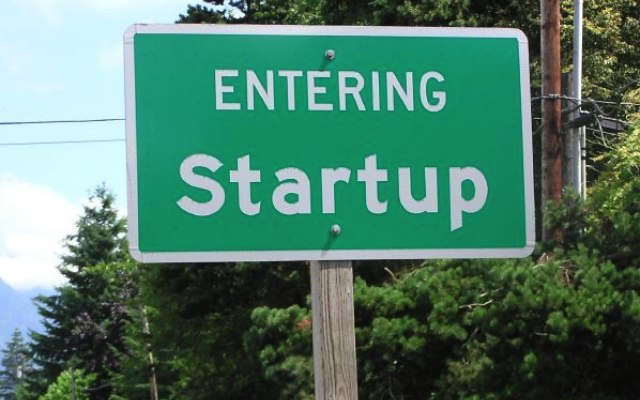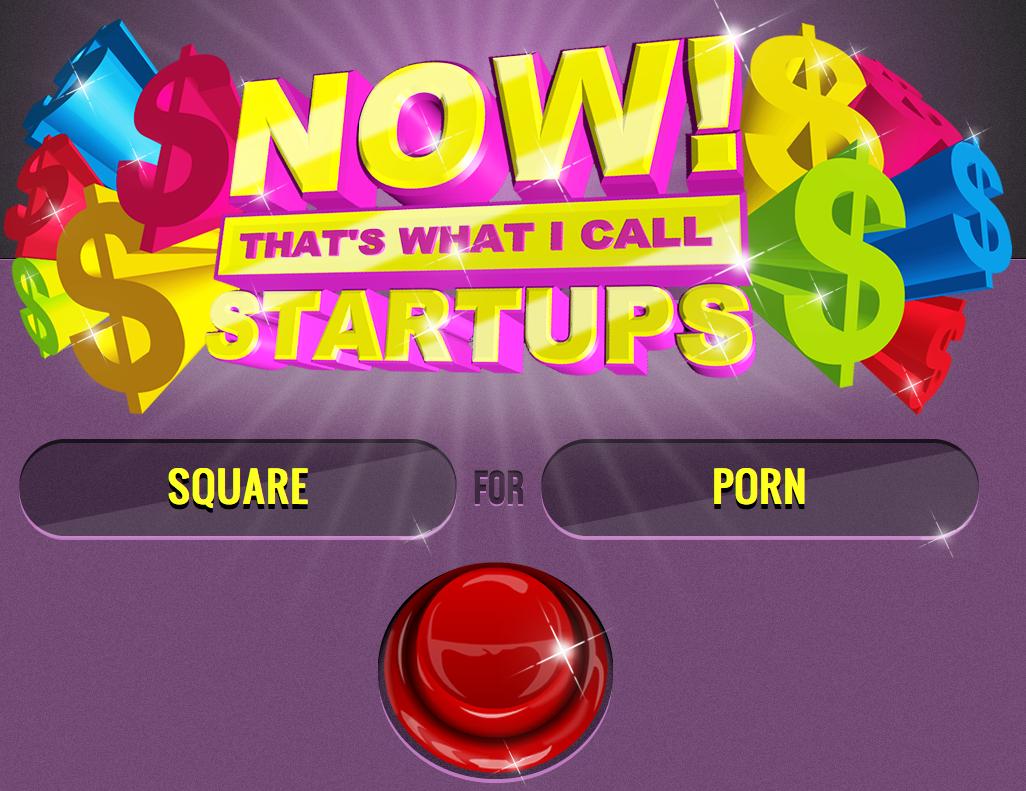In order to get startups and entrepreneurs thinking about the most effective ways to pitch their businesses, Adeo Ressi of Founder Institute has been encouraging his founders to boil their mission statements down to one sentence, using a simple formula. George Zachary of Charles River Ventures asked Ressi to come up with a format for startup pitches, because he has been hearing so many different people pitching in umpteen different ways. Tech bloggers, investors, partners, founders, and many in between are intimately familiar with this: The seemingly infinite permutations entrepreneurs have devised for their pitches. Some work, and many don’t.
Robin’s post yesterday covered Ressi’s formula in detail, and he even encouraged entrepreneurs to send us their one sentence pitches. And that they have. (More to come on that.)
Now, I happen to agree with both Adeo and Robin: Whittling pitches down to a bite-sized chunks can be a great exercise for founders. Entrepreneurs, whether first-timers or not, can always stand to improve the ways in which they describe their company. Time is money, and the more quickly and effectively you can pitch your business, the better your chances of grabbing the attention of investors, bloggers, partners, etc.
Of course, one sentence pitches should be an exercise to get you articulating what your business really does well — better than everyone else — but not the end game. One sentence descriptions can result in vagueness, hyperbole, and buzzword orgies.
Encouraging more effective expression in mission statements is a good thing, but spewing forth a string of meaningless signifiers and buzzwords? Nope. That will just cause us to go on screensaver, or call security. There’s a fine line. Grooveshark for hugs? Stop it.
So, here we have the flip side of the coin, the devil’s advocate — some terrific examples of what can happen when the one-sentence pitch goes too far. Stay away from these, and you’re off on the right foot. For starters, there’s Now That’s What I Call Startups, developed by Reuben Pressman and Hunter Payne to assist founders in eliminating the “low hanging fruit” during the ideating process. Does your pitch sound eerily similar? Then it might be time to consider a pivot.
Now That’s What I Call Startups joins other startup generators, like It’s This For That, which highlights the annoyingly familiar habit (of which we’re all guilty) of drawing crappy ad hoc analogies when describing startups. It’s the “Airbnb for X” problem. The analogy can work, but only sparingly, and it better be extremely accurate.
For good measure, there’s also Startup Idea Generator, and Smore’s awesome Y Combinator parody, Y Kombinator, which generates landing pages for startups that are obviously immune from the deadpool.
Or, perhaps you’re a coder who happens to be short on ideas, in which case you should check out Justin Windle’s hilarious mashup for technical projects created using the WTF Engine. So, put on a pot of tea, and get coding.
Refining your pitch until it sings is an essential process, and some of these sites will no doubt help to get your juices flowing. But for the love of all that’s holy, be careful. You don’t want to become these guys. (We’re looking at you, product people.)
Courtesy of FI, here are some actual pitch resources for startups.

